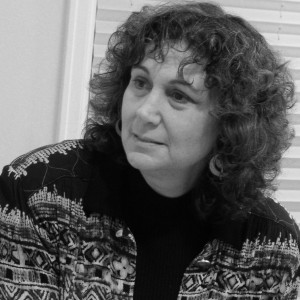Before moving to Texas A&M University in 1984, Sherry Bame, Ph.D., taught at the University of Michigan and Boston University as well as worked and consulted in public health, occupational health, hospital systems, and health services research in the east coast and mid-west. While at Texas A&M, she has taught and conducted research in health systems planning and policy, environmental health policy, and sustainable urban planning, with interdisciplinary appointments in A&M’s College of Medicine, School of Rural Public Health, Bush School of Public Administration and Policy, and Urban Planning Program as well as appointed to adjunct appointments at Rice University and Baylor College of Medicine. Along with service to her professional public health and urban planning organizations, Sherry has put an emphasis on service to the community as a member of advisory committees and boards of directors of regional and state-level health and social service organizations.
Dr. Bame began research with 2-1-1 Information and Referral systems in 2000, with a yearly analysis of unmet needs and demographic groups at risk in the Brazos Valley, a 7-county 2-1-1 regional program in central Texas. In 2004-2009, she consulted with the Texas 2-1-1 Network to conduct program evaluation of the 25 call centers throughout Texas. From 2008 to 2013, she was funded by the Dept. of Homeland Security to analyze 2-1-1 Texas data to examine unmet community needs during Katrina-Rita by disaster phase and for both disaster and evacuation locations. The findings from this analysis not only identify “hot spots” and changes over time by type of unmet disaster needs, but also help to develop a template for 2-1-1 disaster data management. A number of publications and presentations are developing from this project to communicate the findings to both academic and practitioner audiences as a case study in identifying unmet needs (e.g., transportation, housing, food, health care) by location throughout disaster phases.
Under another project funded by DHS from 2010 to 2013, Dr. Bame collaborated with 2-1-1 programs throughout the U.S. that had successfully dealt with disasters in their regions (i.e., New York City, New Jersey, mid-southern Florida, Texas, Nebraska, eastern Iowa, and southern California). Sherry collaborated with these call centers to identify “best practices” for an all-hazards model and to design 2-1-1 disaster data management system (DDMS) that could be used to improve community resiliency, with the capability of targeting at-risk populations and more efficiently allocating disaster support services to vulnerable populations encountering access barriers.


